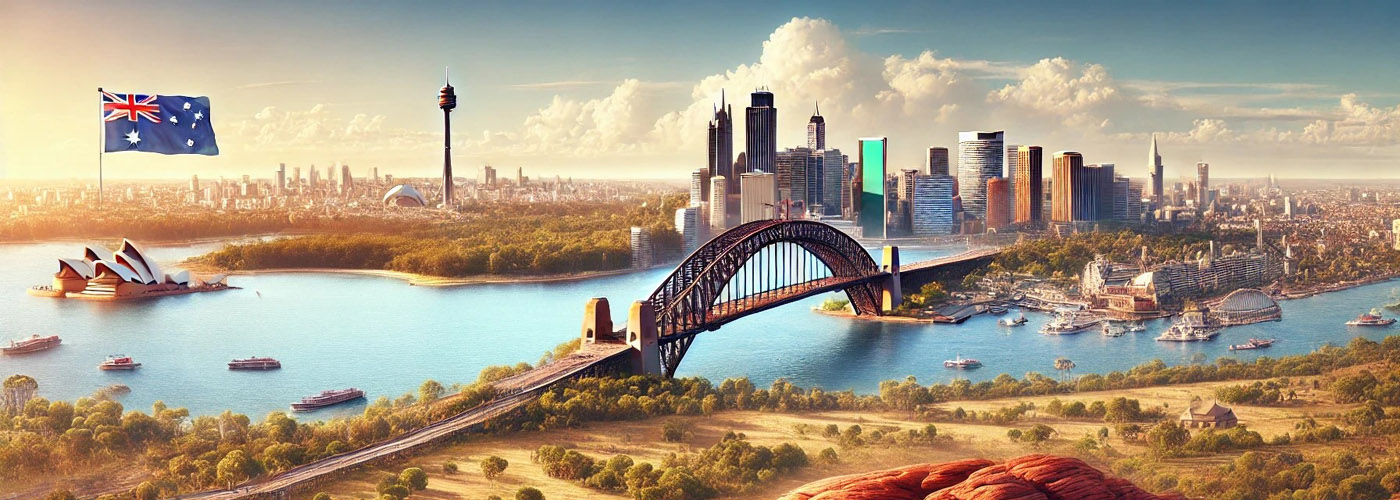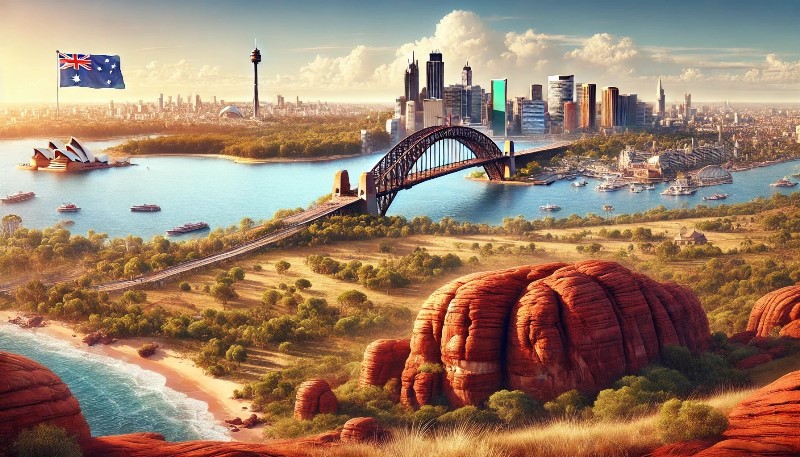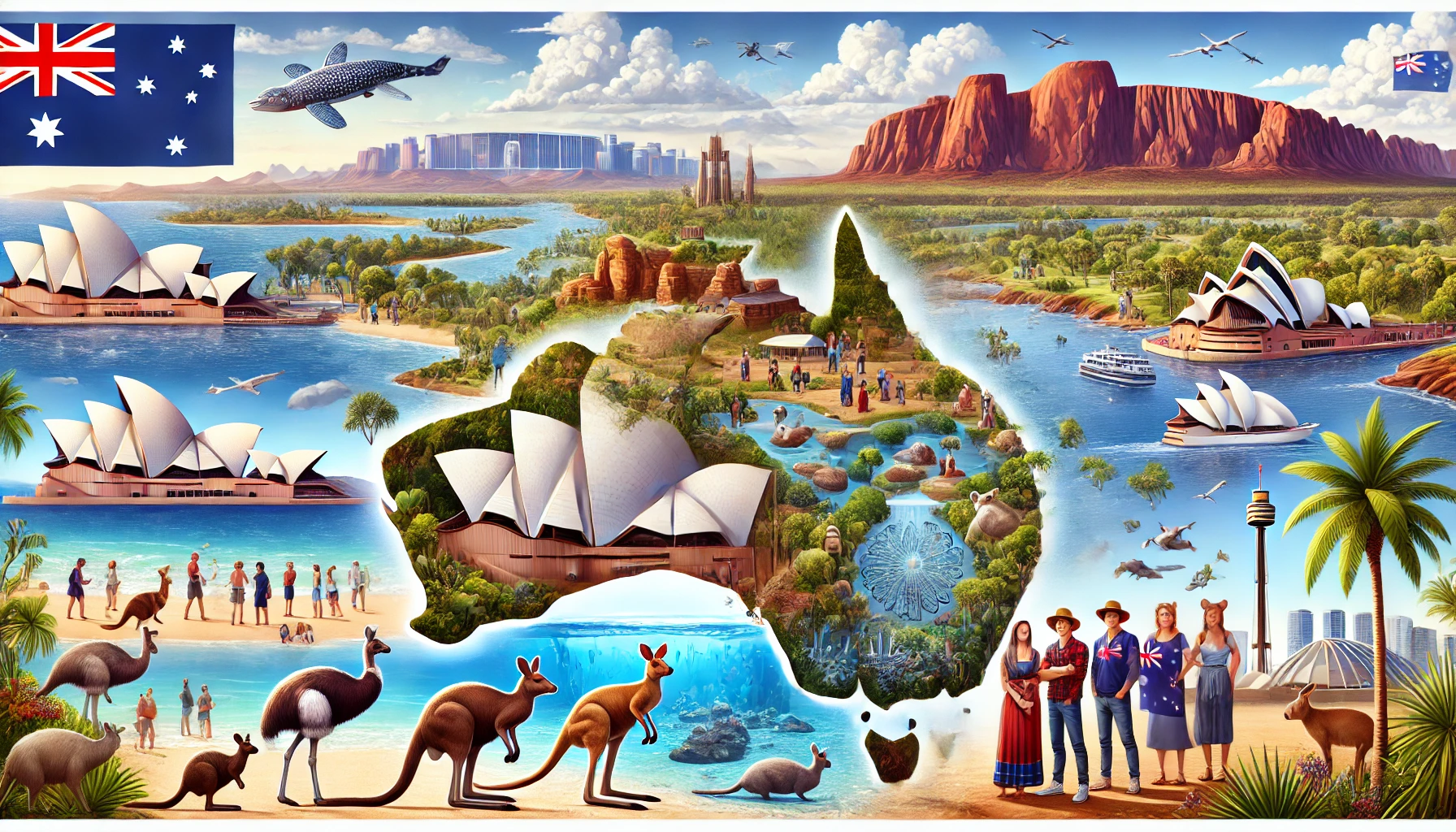

Vote for the best
in Australia
"Please vote for the best people in this country! If someone is missing, add them and don’t forget to comment. Thank you! Let the whole world know the best from this country. Thank you for your support!"
Last added
The Best Female singer
The Best Music Group
The best Athlete
The most beautiful woman
The most beautiful girl
The most handsome man
The most beautiful animal
2025
Cache full!
Cookies and browser page data must be cleared.
More information in the menu.
The most beautiful woman
The most beautiful animal
The Best Female singer
The most beautiful girl
The Best Music Group
The best Athlete
The most handsome man
Australia's best song
- 1) Kylie Minogue & Nick Cave - Where The Wild Roses Grow 3 b
- 2) Rick Springfield - Jessie's Girl 2 b
- 3) Rick Springfield - Human Touch 2 b
- 4) Nick Cave & The Bad Seeds - Fifteen Feet Of Pure White Snow 2 b
- 5) Nick Cave- The boatman's call - people ain't no good 2 b
- 6) Euthanasia - IDIOT PRAYER: Nick Cave Alone at Alexandra Palace 2 b
- 7) Reece Mastin - Good Night (Acoustic) 2 b
- 8) Sia - The Greatest 1 b

Australia, officially known as the Commonwealth of Australia, is a vast and diverse country located in the southern hemisphere. It is the world’s smallest continent but the sixth-largest country by total area. Known for its unique wildlife, stunning natural landscapes, and vibrant multicultural society, Australia has become one of the most dynamic and influential countries in the Pacific region and globally.
Geography and Demographics
Australia is located between the Indian and Pacific Oceans, with a land area of about 7.68 million square kilometers. The country is surrounded by water on all sides, giving it extensive coastlines that stretch for over 25,000 kilometers. Australia is a land of contrasts, with expansive deserts in the central regions, lush tropical rainforests in the north, and rugged mountain ranges such as the Great Dividing Range in the east.
Australia consists of six states—New South Wales, Queensland, South Australia, Tasmania, Victoria, and Western Australia—and two territories, the Australian Capital Territory (ACT) and the Northern Territory. The capital city of Australia is Canberra, located in the ACT, while the largest city is Sydney, in New South Wales. Other major cities include Melbourne, Brisbane, Perth, and Adelaide.
The population of Australia is over 25 million, and while the country is vast, most Australians live in urban areas along the coast. The interior, known as the Outback, is sparsely populated. Australia’s population is ethnically diverse, with a significant proportion of people of British and Irish descent, as well as large communities of Italian, Greek, Chinese, and Indian heritage, among others. English is the predominant language spoken, though there are over 200 languages spoken across the country due to its multicultural makeup.
History
Australia’s history stretches back tens of thousands of years, with Indigenous peoples being the original inhabitants of the land. The Indigenous Australians, including Aboriginal and Torres Strait Islander peoples, have a rich cultural heritage and deep connection to the land. Evidence suggests that Indigenous people have lived on the continent for at least 65,000 years, developing unique social structures, languages, and spiritual beliefs.
European Discovery and Colonization
In 1606, the Dutch navigator Willem Janszoon became the first European to land on Australian soil. However, it wasn’t until 1770, when British explorer Captain James Cook arrived on the east coast, that European colonization began to take shape. Cook claimed the land for Britain, and by 1788, the British established a penal colony in New South Wales, led by Captain Arthur Phillip.
The arrival of the First Fleet in 1788 marked the beginning of British settlement, initially as a place to transport convicts. Over the next few decades, British settlements expanded across the continent, leading to the displacement of Indigenous peoples and the introduction of European diseases, which decimated local populations.
Path to Federation
In the 19th century, the Australian colonies began to develop their own identities. With the discovery of gold in the 1850s, Australia experienced an economic boom that attracted migrants from around the world. However, tensions between the colonies and the British government grew, leading to the desire for greater self-government.
In 1901, Australia became a federated state, uniting the six colonies under the Commonwealth of Australia. The British monarch remained the head of state, represented by a Governor-General, but Australia gained significant autonomy. Over time, Australia moved toward complete independence from Britain, with the passage of the Statute of Westminster in 1931 and the full patriation of the Constitution in 1986.
Government and Politics
Australia is a constitutional monarchy with a parliamentary democracy. The country’s political system is based on the British model, with a division of powers between the executive, legislative, and judicial branches. The head of state is the monarch, currently Queen Elizabeth II (as of 2021), though her role is largely ceremonial, and she is represented in Australia by the Governor-General. The Prime Minister is the head of government and is typically the leader of the party that has the most seats in the House of Representatives, the lower house of Parliament.
Australia’s Parliament consists of two houses: the House of Representatives and the Senate. The House of Representatives has 151 members, who are elected every three years, while the Senate has 76 members, with elections held every six years. Australia’s political system is characterized by a strong party system, with the Liberal Party, the Australian Labor Party, and the Australian Greens being the most prominent political organizations.
Australia is also a federation, meaning that the states and territories have their own governments and responsibilities. The country’s legal system is based on English common law, and the High Court of Australia serves as the highest judicial authority.
Economy
Australia has one of the most developed and stable economies in the world. The country has a mixed-market economy, with a strong focus on mining, agriculture, services, and manufacturing. Australia is rich in natural resources, particularly minerals such as coal, iron ore, gold, and natural gas. The mining sector plays a major role in the country’s exports, with key trading partners including China, Japan, and South Korea.
Agriculture is another important sector in Australia’s economy, with the country being a major exporter of products such as wheat, beef, wool, and wine. The country’s vast agricultural land is suitable for large-scale farming, and Australian agricultural products are highly sought after worldwide.
Australia’s services sector, including finance, insurance, tourism, and education, contributes significantly to its GDP. The country is a popular destination for international students, and Australia’s higher education institutions are renowned for their quality.
Australia has a relatively low unemployment rate and a high standard of living, with a well-developed infrastructure and a robust social welfare system. The country’s economic stability, political freedom, and natural beauty make it an attractive destination for both tourists and immigrants.
Culture and Society
Australia is known for its multicultural society, which is reflected in its diverse population, cultural practices, and artistic expressions. The country is a melting pot of different ethnicities, languages, and religions, with a rich blend of Indigenous, European, Asian, and Pacific Islander influences.
Australian culture is often associated with outdoor living and sports, with a strong emphasis on a relaxed lifestyle. The beach culture is central to life in many coastal cities, and outdoor activities such as surfing, swimming, and barbecuing are common pastimes. Rugby, Australian rules football, and cricket are some of the most popular sports in the country, with passionate followings.
Australia is also known for its contributions to the arts, including music, film, literature, and visual arts. Australian musicians such as AC/DC, Kylie Minogue, and Gotye have achieved international success, while Australian filmmakers like Baz Luhrmann and Peter Weir have gained global recognition. In literature, authors such as Patrick White, Tim Winton, and Helen Garner have made significant contributions to the literary world.
Australia’s Indigenous cultures are a vital part of the nation’s identity. Indigenous Australians have a rich cultural heritage that includes storytelling, art, dance, and spiritual beliefs. Aboriginal and Torres Strait Islander art, particularly dot painting and bark painting, is highly regarded and has influenced global art movements.
Education
Australia has a well-developed education system that is highly regarded internationally. Education is compulsory for children between the ages of 6 and 16, with most children attending government-funded primary and secondary schools. Australia has a strong focus on education, and its schools are known for high standards in areas such as literacy, numeracy, and science.
Higher education in Australia is world-class, with several universities consistently ranked among the best in the world. The University of Sydney, the University of Melbourne, and the Australian National University are some of the country’s top institutions. International students flock to Australia to study at its universities, making education a significant export industry.
Environment
Australia is renowned for its diverse and unique natural environment. From the Great Barrier Reef, the largest coral reef system in the world, to the rugged Outback and lush rainforests, Australia offers some of the most spectacular landscapes on the planet. The country is home to a wide variety of wildlife, including kangaroos, koalas, wombats, and platypuses, many of which are found nowhere else in the world.
Australia also faces significant environmental challenges. The country is prone to droughts, bushfires, and extreme weather events, and climate change has put pressure on Australia’s ecosystems. The Australian government and environmental organizations are working to address these issues through conservation efforts and policies aimed at reducing greenhouse gas emissions.
Conclusion
Australia is a country of immense natural beauty, cultural richness, and economic strength. From its Indigenous heritage to its modern multicultural society, Australia is a nation that continues to evolve and grow. It is a land of opportunity, innovation, and resilience, and it plays an important role on the global stage. With its diverse landscapes, vibrant cities, and commitment to social progress, Australia remains one of the world’s most admired countries.


















































